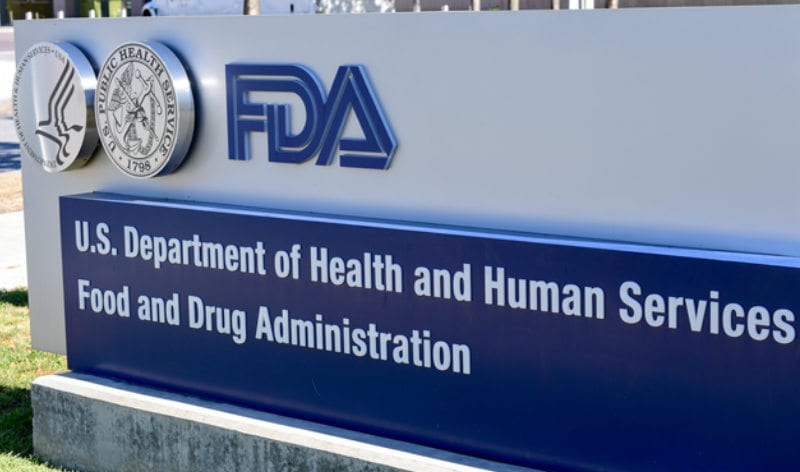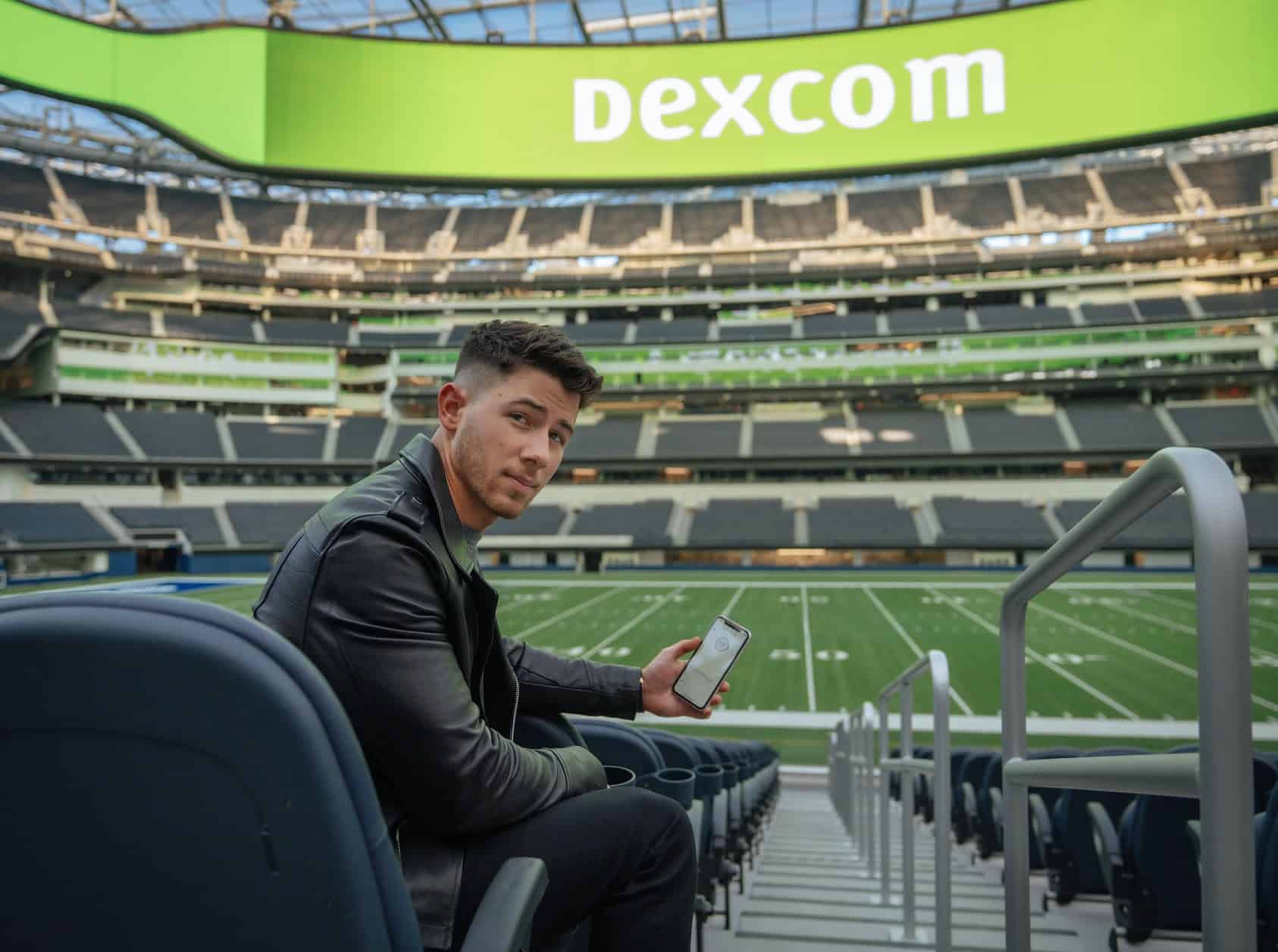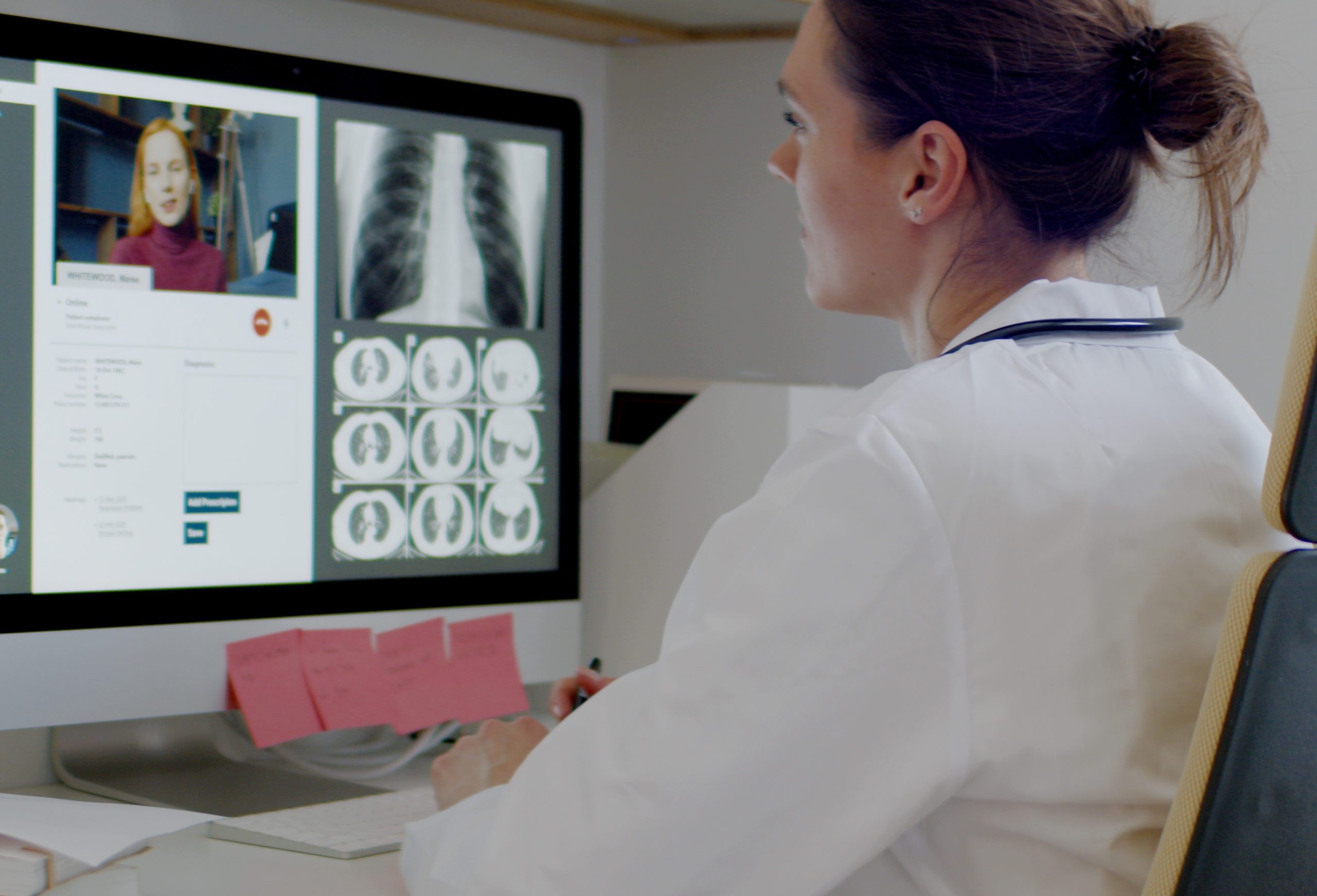Report: 2020 Broke Records for Healthcare Venture Fundraising (MedTech Download)

Key Takeaways
- Silicon Valley Bank’s annual healthcare investment report found that US healthcare venture fundraising “soared in 2020,” totaling $17B, a 57% increase over 2019’s record.
- With increasing concerns over cybersecurity related to medical devices, the FDA has appointed its first Medical Device Cybersecurity Chief.
- Researchers at the University of California, San Francisco, have created a synthetic antibody that prevents the virus that causes COVID-19 from binding to human cells.
New Records for Healthcare Venture Fundraising, Investments and Exits

Similar to society as a whole, the pandemic has had an uneven impact on companies in the healthcare and medical device industry. Some flourished, while others experienced what felt like a deep freeze related to their ability to move forward. However, when taking a high-level view of the investment money flowing into healthcare in 2020, the pandemic doesn’t seem to have slowed the industry down.
Silicon Valley Bank (SVB) recently released its annual report on healthcare investments and exits, revealing that healthcare venture fundraising in the United States skyrocketed in 2020. The grand total? A staggering $17B, which represents a 57% increase over 2019’s record. The report’s key takeaways listed strong exits, a surge in venture investment, and venture-backed IPOs as the catalysts behind this staggering growth.
FDA Appoints First Medical Device Cybersecurity Chief

As more medical device innovations are either based in or incorporate AI, machine learning, or cloud-based infrastructure, concerns about cybersecurity have continued to grow. In some cases, elements like data protection or HIPPA/patient privacy are brought to the forefront; in other, more potentially life-threatening cases, the function of the device itself can be impacted by a cyber breach.
Recently, the FDA named Kevin Fu, an associate professor at the University of Michigan, to serve as acting director of medical device cybersecurity at the agency’s Center for Devices and Radiological Health. As MedTech Dive reports, this appointment has been welcomed by industry leaders, including Chris Gates of Velentium, who described Fu as “an academic who ‘gets’ cybersecurity while bringing an innate ability to easily communicate complex cyber topics to lay audiences.”
Synthetic Antibody Prevents COVID Virus Replication
Many months ago, there was nationwide frustration related to testing for COVID-19. While some countries, most notably South Korea, seemed to have testing down to a, well, science, many of us in the west fell behind. Fast-forward to today, and the introduction of vaccines into the population has resulted in a similar frenzy. And while a portion of the population is still not convinced that inoculation is the right path, there is an overwhelming demand for vaccination across the country and the world.
Most of the current vaccines that are accessible to the public are based on mRNA technology, with other methodologies currently in the pike and on their way toward emergency authorization. However, a group of researchers at the University of California, San Francisco, have created a synthetic antibody that prevents the virus that causes COVID-19 from binding to human cells. The nanobodies target the spikes on the exterior of the virus that it uses to attach itself to ACE2 receptor proteins on human cells. And while more research needs to be done, “there are promising indications that the treatment could be safe and effective.”
North Carolina MedTech Startup, backed by NBA Legend Charles Barkley, Lands New Investors

Medical device entrepreneurs and executives think a lot about fundraising, especially in the early stages. Even though many leaders in these startups believe that proving efficacy and finding the right investor or venture capital firm is the path forward, the truth is that it is just the beginning. In reality, bringing a device to market is much larger than the device itself. It requires market validation – establishing a need that the product satisfies. It requires commercialization and a marketing strategy. It requires a reimbursement strategy. We often tell our clients that the culmination of those factors and the many others that go into a successfully launched MedTech brand is best delivered as a product story; a clear articulation of the product from start to finish. And it is that, interestingly enough, that will land the investor, who was the initial target.
Medical device startup NeuroVice had a strong story and had established a patient need in the market. It was at that point that its founder Ashlyn Sanders turned to fundraise. But she took a path most MedTech entrepreneurs don’t; she contacted NBA legend, Charles Barkley. And as a result, he heard her pitch and decided to invest. Now her company has received another boost of funding in addition to Barkley’s stake. Now, not only does the company have a strong product story, it has a great brand one to go with it.
Stay up-to-date on everything that matters to MedTech entrepreneurs and executives. Subscribe below to receive industry insights, MedTech resources, and more delivered directly to your inbox.




